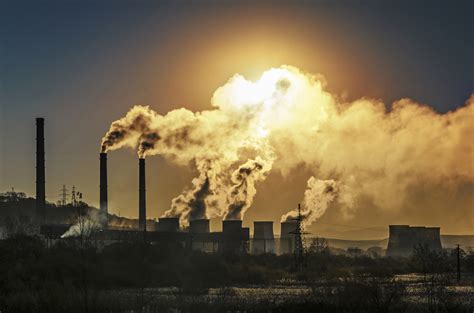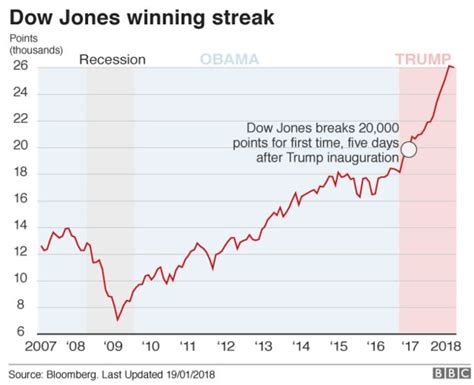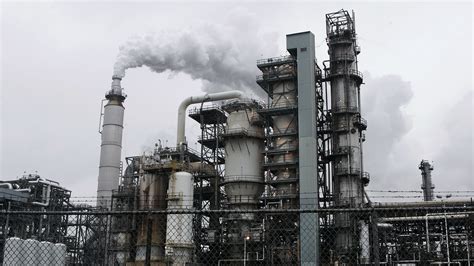Chevron, a global energy company, has been ordered by a Louisiana jury to pay a whopping $745 million for damages caused to the coastal areas. The ruling comes as a significant blow to the oil giant and highlights the growing concern over environmental conservation and corporate accountability.
The Environmental Consequences
The case revolves around the extensive damage inflicted on the delicate coastal ecosystem due to Chevron’s operations. The oil industry is no stranger to controversies surrounding environmental degradation, and this latest verdict underscores the far-reaching impacts of such activities.
As oil exploration and extraction activities continue unabated, companies like Chevron often find themselves entangled in legal battles over their ecological footprint. The fragile coastal regions, rich in biodiversity and essential for local communities, bear the brunt of these industrial activities.
Legal Ramifications
The jury’s decision to hold Chevron accountable for the damages serves as a precedent for similar cases worldwide. It sends a clear message that corporations must prioritize environmental protection and adopt sustainable practices to mitigate adverse effects on ecosystems.
Environmental lawsuits against major corporations are becoming increasingly common as stakeholders demand greater transparency and responsibility. This ruling sets an important legal precedent that could influence future decisions concerning corporate liability for environmental harm.
Expert Insights
According to environmental experts, the significance of this verdict extends beyond monetary compensation. It underscores the urgent need for stricter regulations governing industrial activities in environmentally sensitive areas.
Dr. Emily Parker, an environmental scientist, emphasizes that safeguarding coastal ecosystems is crucial for maintaining biodiversity and mitigating climate change effects. She points out that holding corporations financially accountable for ecological damage can serve as a powerful deterrent against reckless practices.
Corporate Responsibility
In response to the verdict, Chevron has reiterated its commitment to sustainability initiatives aimed at reducing its environmental impact. The company states that it will work closely with regulatory authorities and local communities to ensure responsible resource extraction practices moving forward.
The case highlights the complex interplay between economic interests, environmental conservation, and legal frameworks governing corporate behavior. As society becomes increasingly attuned to ecological concerns, companies are under growing pressure to align their operations with sustainable principles.
Looking Ahead
As discussions around climate change intensify and calls for corporate accountability grow louder, cases like Chevron’s serve as cautionary tales for industries operating in ecologically sensitive areas. The outcome of this legal battle underscores the importance of proactive measures to prevent environmental degradation and protect fragile ecosystems from irreversible harm.
In conclusion, Chevron’s multimillion-dollar penalty sheds light on broader issues concerning corporate responsibility, environmental stewardship, and legal oversight in an era marked by escalating climate challenges. It serves as a stark reminder that safeguarding our planet requires collective effort and unwavering commitment from all stakeholders involved in shaping our future.








Leave feedback about this